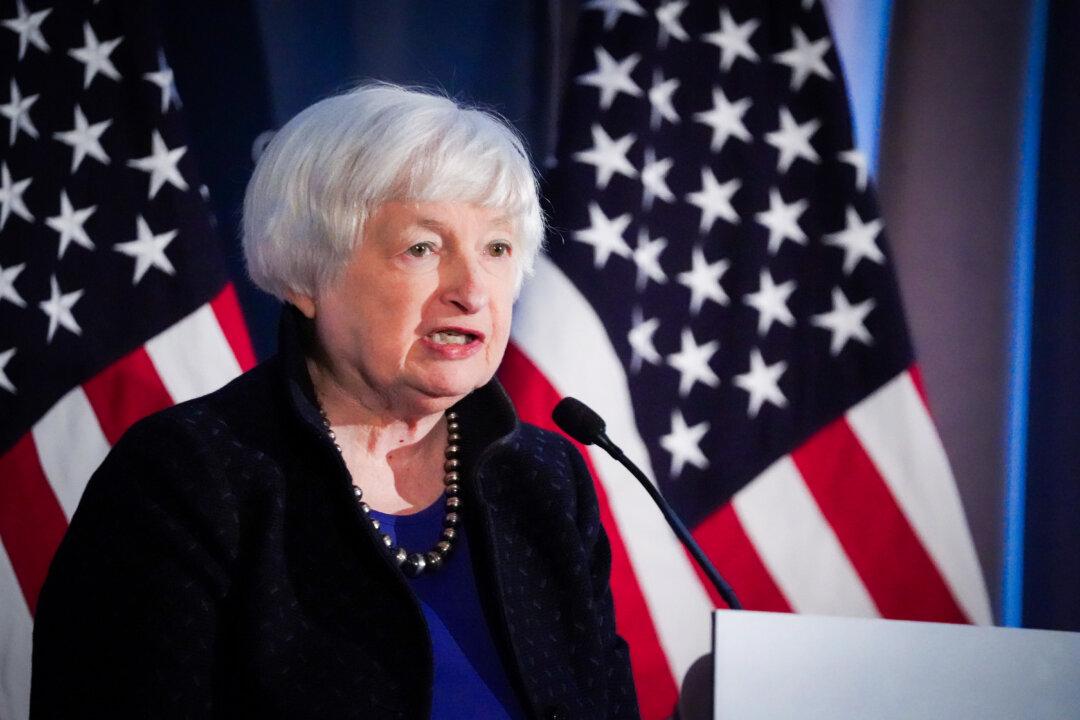An Alabama federal court ruled that the Corporate Transparency Act (CTA) is unconstitutional, leaving the policy’s future unclear.
In 2021, Congress enacted legislation mandating that companies share their identities and information about beneficial owners. The law, which went into effect in January, was designed to combat illicit activity, including money laundering, tax fraud, and terrorist financing.





